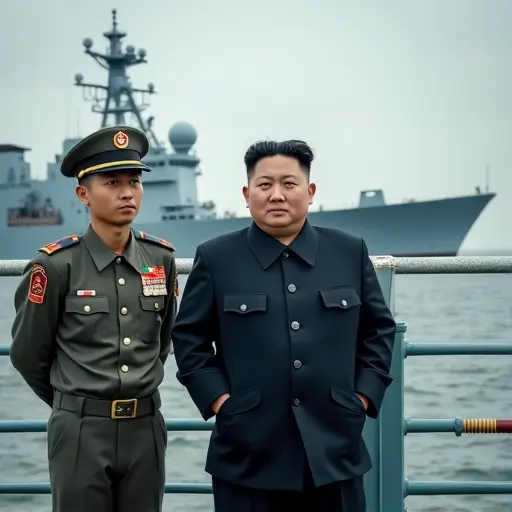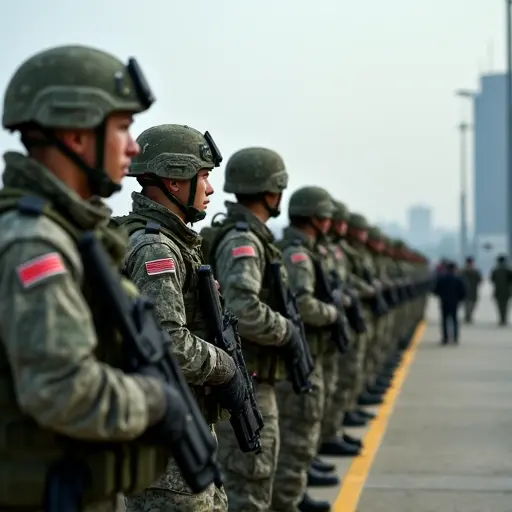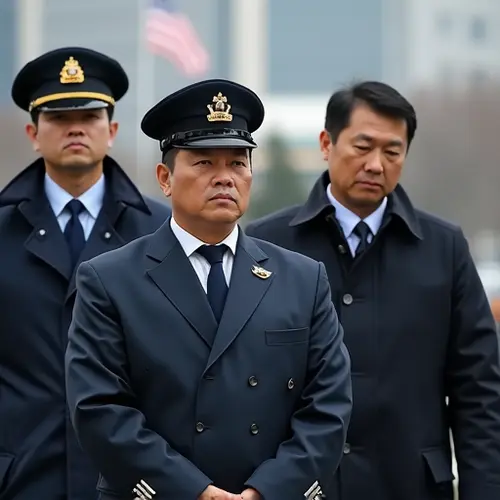
Border Tensions Ease as North Korea Removes Speakers
North Korea has begun removing propaganda loudspeakers along its border with South Korea, according to South Korean military reports. This action comes just days after South Korea initiated the removal of its own speakers facing northward.
Psychological Warfare Ends
For years, both nations engaged in acoustic psychological warfare across the Demilitarized Zone (DMZ). South Korea broadcast K-pop music and criticism of the North Korean regime, while North Korea countered with disruptive sounds including animal noises and gong strikes. This practice dates back to the Korean War era when such broadcasts first became common.
De-escalation Timeline
The current de-escalation began on June 11 when South Korea turned off its speakers. North Korea followed suit the next day. On August 9, South Korea started physically removing the equipment, prompting Pyongyang's reciprocal action. South Korean officials confirm seeing some speakers being removed but caution that full removal remains unverified.
Political Context
The speaker removal fulfills a campaign promise by South Korea's new President Lee Jae-myung to reduce tensions. However, North Korea continues rejecting diplomatic overtures. Kim Yo-jong, influential sister of leader Kim Jong-un, recently dismissed the new administration as unchanged from predecessors due to its US alliance. She also rejected former President Trump's mediation offers.
The Korean Peninsula remains technically at war since the 1950-1953 conflict ended with an armistice, not a peace treaty. These speaker removals mark the first tangible de-escalation since 2018 when both sides briefly halted broadcasts during diplomatic talks.

 Nederlands
Nederlands
 English
English
 French
French
 Deutsch
Deutsch
 Espaniol
Espaniol
 Portugese
Portugese








